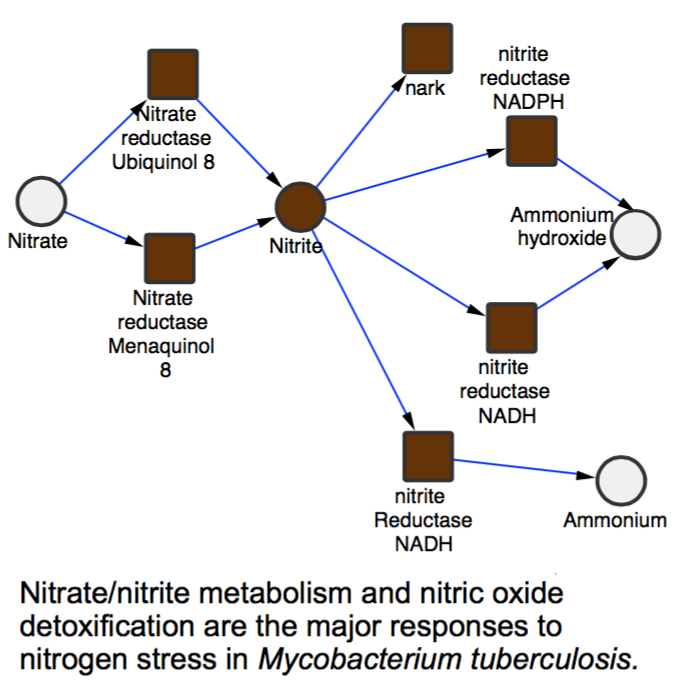New work on Mycobacterium tuberculosis published in Molecular Microbiology
The ability to adapt to environments of fluctuating nutrient availability is vital for bacterial survival. In response to nitrogen limitation, Mycobacterium tuberculosis alters nitrate/nitrite metabolism, aspartate metabolism and cell wall biosynthesis. GlnR is a key regulator involved in this response, controlling the expression of genes involved in nitric oxide detoxification and intracellular survival, markedly different to the GlnR-mediated nitrogen scavenging response seen in non-pathogenic mycobacteria. This has implications for Tuberculosis (TB) control in terms of designing new drugs to treat infection.

Brian D. Robertson PhD FHEA
MRC Centre for Molecular Bacteriology and Infection